Internet governance
Everyone talks, but no-one listens…. Spam, multilingualism, cybercrime, cybersecurity, privacy and data protection, freedom of expression, human rights, interconnection …. The Internet is one of the most powerful inventions of the digital age…. Given the huge impact of the Internet on our daily lives, states must remain the ultimate guarantors of our Internet rights and freedoms,… Reporters Without Borders will be at the Internet Governance Forum in Athens to remind p...
Who really controls the internet? Lot of hints, lots of diversity of views… but plenty of smoke screens too. Here’s a lecture, taking place today and titled Who’s really out to control the internet? UN and USA Governance, If you tune into the Guardian, the story you get is “US loosens grip on running of internet”. And here’s another version of the truth, coming from The Mercury News which says, Internet governance dispute will last years, official warns. ...
PressZoom which describes itself as the “global news service and press release distribution” network, has these figures about the Internet Governance Forum, which begins in Athens, Greece from October 30. Participants: 1200. Main sessions: eight (focussing on the Internet’s openness, security, diversity and access). Workshops: 30 (held in parallel to the main sessions, focusing ...
A single country will not be allowed to govern the internet, speakers at a national seminar vowed adding expectation of the poor countries should be addressed in the upcoming Internet Governance Forum (IGF) meet. The seminar took place in Dhaka, Bangladesh, on October 14.
In Argentina, internet access averages 13 dollars a month and almost a fifth of the population are online whereas in Sudan internet access costs 160 USD a month and only 9 people in a thousand are online. Africa, the poorest continent in the world, has the highest costs for internet access. In the run-up to the first-ever meeting of the Internet Governance Forum in Athens starting October 30, A...
The initiatives that have been adopted to improve e-government in Latin America primarily focus on improving online services and state administration. Citizens, however, remain unable to participate in the decision-making process because this dimension, which is at least as important if not more then the previous one, has been left aside. As a starting point for reflecting on the issue, APC’s...
Late May 2006 saw Bangladesh launch its first submarine fibre-optic cable in the southern coastal town of Cox’s Bazar. This could allow high-speed telecommunications, but some voices critiqued the delay in making this possible.
Technology is changing. But the mindset stays the same. And so are the laws. Now, you can start working your networking from a single room. You can start small, keep on deploying, moving out from there, and cover an entire country as you encourage the demand to expand. But is there any recognition to this? Because the technology has changed, it has a huge impact on how investments will be made...
A report from the workshop “Post-WSIS and Uganda’s Way Forward” (arranged by the Collegium for Development Studies at Uppsala University Sweden, I-Network Uganda, Women of Uganda Network (WOUGNET), with support from the Uganda Communications Commission (UCC) and Ministry of Works, Housing and Communications, Uganda) is now available as a pdf, 441kb. http://www.kus.uu.se/pdf/publications...
IT for change, an NGO figthing alongside APC during the World Summit on the Information Society (WSIS) has published "WSIS: The beginning of a global information society discourse" on March 11 in the Economic and Political Weekly. The piece attempts to place WSIS in the present geopolitical context and discusses its outcomes. It concludes that "WSIS may need to be judged more from the processes...

Association for Progressive Communications (APC) 2022
Unless otherwise stated, content on the APC website is licensed under Creative Commons Attribution 4.0 International (CC BY 4.0)



